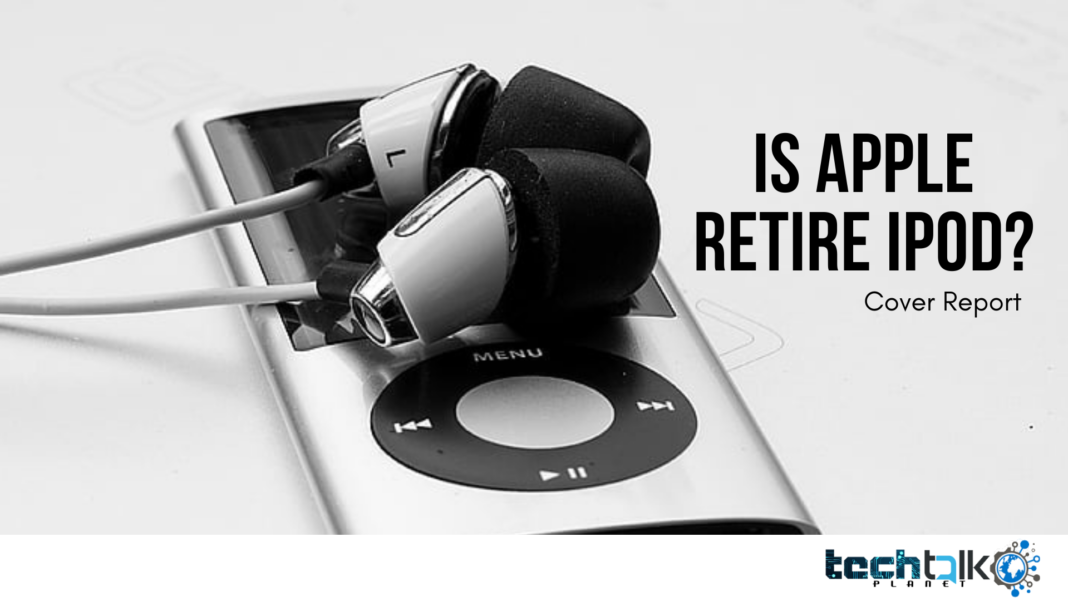Apple has announced that the iPod Touch, a music player widely credited with transforming how people listen to music, would be phased out.
In 2001, the first iPod was introduced with a 1,000-track capacity. Apple’s streaming service now has over 90 million songs available. The iPod Touch was created by the same team that eventually created the iPhone, which swiftly surpassed the iPod in popularity.
The iPod was last updated in 2019.
Various iPod versions have been developed throughout the years, including the Nano and Shuffle, but the iPod Touch was the last to be discontinued in 2007. Apple said it will be available for purchase “while supplies last.”
Apple’s senior vice-president of worldwide marketing, Greg Joswiak, claims that the device “redefined how music is discovered, played to, and shared.” Owners of iPods have taken to social media to express their feelings and memories regarding the music players.
With much fanfare and anticipation, Apple CEO Steve Jobs launched the first iteration of the iPod in 2001, clad in his trademark pants and black turtleneck. There were suspicions that the company was planning to reveal a new music player after the invitation for the launch event noted, “Hint: It’s not a Mac.”
“Music is fundamental to everyone’s life. There has always been music. During his hour-long presentation, Jobs asserted, “It will always exist.”
Throughout the years, several celebrities have donated their notoriety to the iPod, including John Mayer, U2, and Oprah Winfrey. When BMW created the first car entertainment system with an integrated iPod system, the rest of the industry followed suit. Experts think, however, that the iPhone will eventually succeed the iPod.
“Apple knew when it launched the iPhone that it would eventually represent the beginning of the end of the iPod,” says Ben Wood, chief analyst at technology consultancy company CCS Insight. According to Creative Strategies’ Carolina Milanesi, the decline in iPod sales is tied to the rise in iPhone sales, much like the change from digital to streaming sales.
“The iPod’s downfall best demonstrates Apple’s lack of concern about cannibalism of its own goods,” she concluded.
The iPod, like the iPhone, wasn’t the first MP3 player or smartphone, but its distinctive Apple design was just what digital music needed to lure customers away from CD and cassette players – and file-sharing.
The music business was struggling for survival in 2001, as songs were pirated and disseminated on sites quicker than record companies could make legal threats.iTunes, and subsequently, the iPod offered it a lifeline in the form of money from legitimately purchased downloads.
It also aided Apple, which had been battling in a Windows-dominated market.
The late Steve Jobs presented it on stage during an event on October 23, 2001.
























































